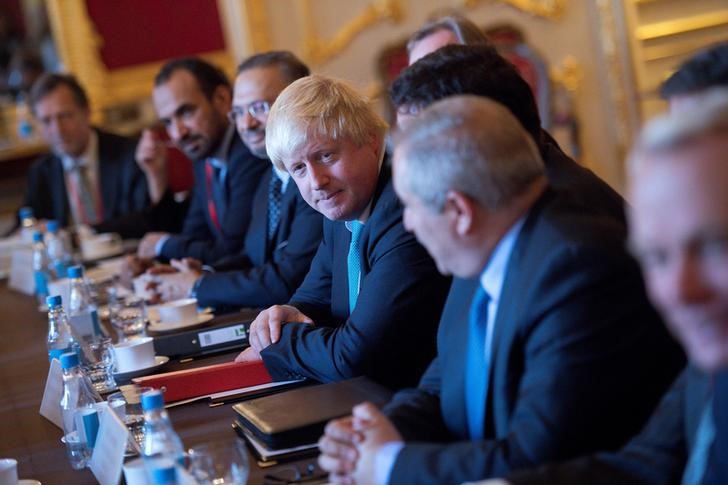
By Anthony Esposito
CANCUN, Mexico (Reuters) – The Organization of American States failed on Wednesday to issue a formal declaration condemning Venezuela’s government for its handling of the political and economic crisis in the South American country, despite a last-minute push by Mexico and the United States.
But member nations, including Mexico, committed to keep pressing the issue until the crisis in Venezuela, where at least 75 people have been killed in more than two months of protests, is peacefully resolved.
“Mexico’s position on Venezuela is a position that will not waver, it’s a position that says representative democracy is the only form of government acceptable in the Western Hemisphere,” Mexican Foreign Minister Luis Videgaray told reporters.
Venezuelan President Nicolas Maduro is accused by opponents of leading the OPEC member toward dictatorship by delaying elections, jailing opposition activists and pressing to overhaul the constitution.
Videgaray and OAS Secretary General Luis Almagro repeated calls for Venezuela to establish an election timetable, respect for human rights, political prisoners to be freed, an independent judiciary and respect for the autonomy of the legislature.
Foreign ministers from the 34-nation OAS bloc failed to agree on a resolution formally rebuking Venezuela after the issue of the crisis-racked nations consumed most of the three-day general assembly in Cancun, Mexico.
An effort by a group of nations, led by the United States, Mexico and regional allies, to include a declaration on Venezuela by tucking it into a more general resolution on human rights also failed.
Throughout the OAS sessions, Foreign Minister Delcy Rodriguez fought back at attempts to chastise her nation, accusing U.S. allies of being “lapdogs of imperialism.”
Rodriguez left her post as foreign minister on Wednesday to run for a seat in a controversial new congress, drawing praise from Maduro as a “tiger” for her feisty defense of the socialist government.
Twenty states voted to pass the draft resolution censuring Venezuela on Monday, falling short of the 23 votes, or two-thirds majority, needed.
Maduro accuses opponents of seeking his violent overthrow with U.S. support. He has called for the creation of a super-body, or constituent assembly, with powers to overhaul the constitution, in voting set for the end of July.
Four years of recession caused by failing socialist economic policies plus the decline in global oil prices have battered Venezuela’s 30 million people and made Maduro deeply unpopular.
Opposition leaders accuse Maduro of leading Venezuela toward dictatorship by delaying elections and jailing opposition activists, while food and medicine run short and inflation is believed to be in the triple digits.
(Reporting by Anthony Esposito; Editing by Tom Brown and Lisa Shumaker)


